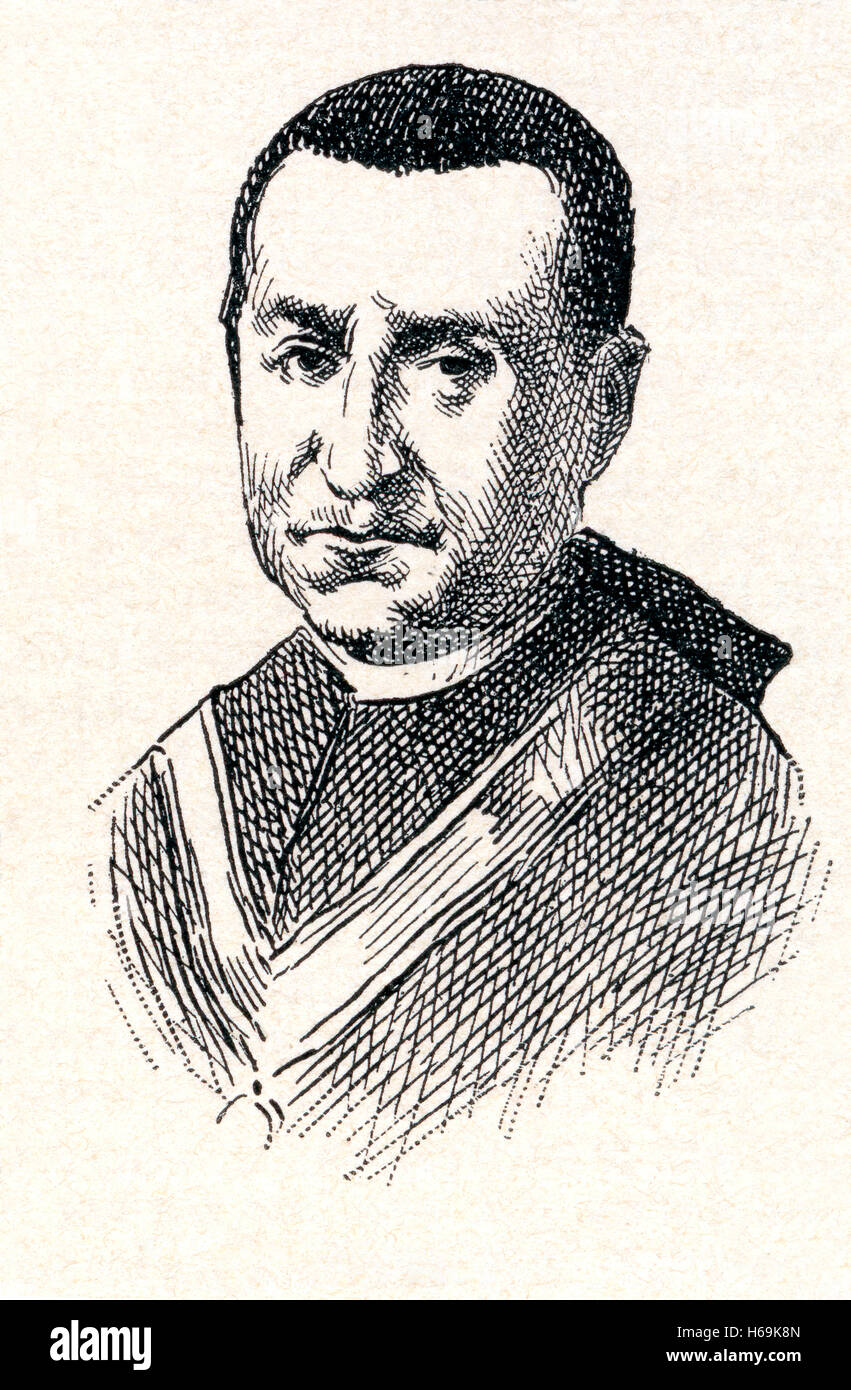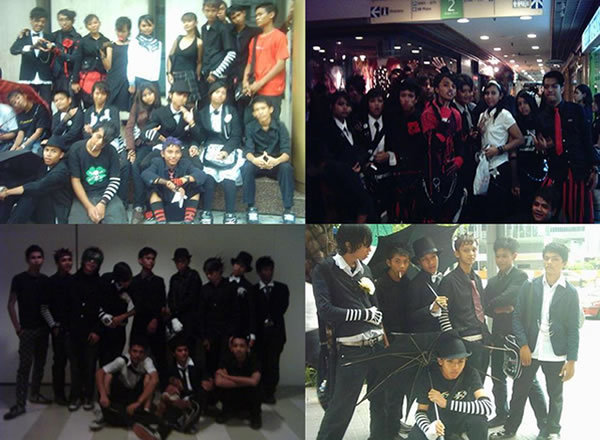

Ross Haenfler, The University of Mississippi This book will be one of the most important texts in this field for years to come." The thoughtful discussions of hegemony and resistance will push the study of subcultures forward. He carefully outlines the key contributions and controversies related to major schools of thought, from the Chicago School to post-subculture studies. Patrick Williams explores the central concepts of the field - style, homology, moral panics, identity, authenticity, and more - with depth, precision, and clarity. "Subcultural Theory is essential reading for anyone interested in subculture studies. Williams's fusion of classic theory, modern research, and contemporary popular culture trends is masterful and Subcultural Theory is an invaluable resource to professors and researchers working in the areas of youth subcultures, deviance, and social theory." "In this book, Patrick Williams offers the fields of sociology, criminology, and youth cultural studies the most encyclopedic and visionary treatment of subcultural theory and youth sensibilities to date.

"Lays important tracks in the field of youth cultural studies and contributes powerful new data to the Chicago School’s legacy of urban ethnography and deviance studies, returning symbolic interactionism to its roots without looking backward." "By far the most thorough and thoughtfully researched introduction to the field to date. The book closes with an assessment of the subculture concept as a viable and useful sociological tool in comparison with other fields of study including social movements and fandom

The text emphasizes methods, concepts and analysis rather than mere descriptions of individual subcultures, all the while ensuring readers will gain insight into past and present youthful subcultures, including mod, punk, hardcore, straightedge, messenger, goth, riot grrrl, hip?hop, skinhead, and extreme metal, among others. Subcultural Theory brings these diverse analytic issues together in a single text, offering readers a concise discussion of the major concepts and debates that have developed over more than eighty years of subcultural research, including style, resistance, deviance, identity, space, and media.

Research into these phenomena has spanned the humanities and social sciences and the subcultural theories that underlie this work are similarly interdisciplinary. Subcultural phenomena continue to draw attention from many areas of contemporary society, including the news media, the marketing and fashion industries, concerned parents, religious, and other citizen groups, as well as academia.


 0 kommentar(er)
0 kommentar(er)
